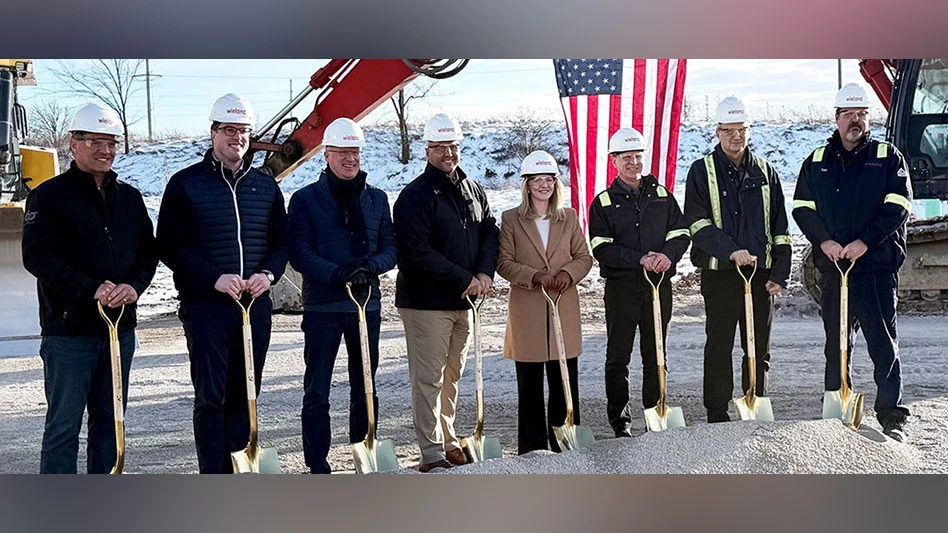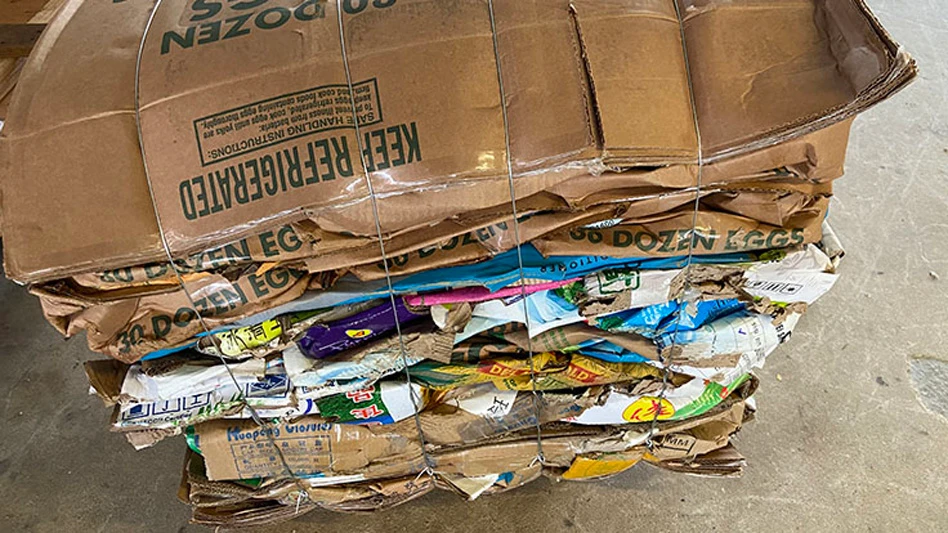
Recycling and manufacturing go hand in hand. In the United States, most of our steel and aluminum is produced with recycled feedstock, and these basic materials are essential to manufacturing automobiles, appliances and a wide variety of other products.
According to the Washington-based Recycled Materials Association (ReMA), 70 percent of materials processed by the recycling industry annually are used in American manufacturing.
With President Donald Trump’s push to onshore more manufacturing, recyclers likely will benefit. But recyclers and manufacturers have had to contend with a great deal of uncertainty regarding the administration’s trade policy, which largely is based on tariffs that are put in place one day only to be paused days later as in the case of the “reciprocal” tariffs the administration implemented April 5 and put on hold April 9, opting for a 10 percent blanket tariff in the meantime, with the exception of China, the target of an additional 125 percent duty.
“The Recycled Materials Association has long supported free and fair trade policies,” ReMa said in response to the “reciprocal” tariff announcement. “The imposition of new tariffs on our international trading partners will significantly disrupt U.S. manufacturing and recycling operations that depend on recycled material inputs.”
“Recycling and manufacturing are strongly linked, and the uncertainty surrounding shifting trade policy hinders investment in both sectors.”
The National Association of Manufacturers (NAM), based in Washington, is calling for “smart, strategic trade policy—solutions that restore certainty, strengthen U.S. manufacturing and protect supply chains.”
“The high costs of new tariffs threaten investment, jobs, supply chains and, in turn, America’s ability to outcompete other nations and lead as the preeminent manufacturing superpower,” NAM President and CEO Jay Timmons says.
Citing data from the Bureau of Economic Analysis and the Census Bureau, NAM says 56 percent of U.S. imports are manufacturing inputs, including 59 percent of imports from Mexico and 70 percent of imports from Canada.
“Manufacturing requires long-term planning,” NAM says. “Changes in trade policy, including tariffs, must provide manufacturers stability to encourage job-creating investments.”
Should domestic manufacturing activity decrease in the short term because of supply chain constraints or reduced consumer demand arising from higher prices, recyclers will see reduced industrial scrap generation and demand for their materials.
Recycling and manufacturing are strongly linked, and the uncertainty surrounding shifting trade policy hinders investment in both sectors.
Explore the Spring 2025 Scrap Recycling Issue
Check out more from this issue and find your next story to read.
Latest from Recycling Today
- Cyclic Materials announces plans for South Carolina campus
- WM reports revenue, earnings growth in Q4 and full-year 2025
- Solarcycle’s Cedartown, Georgia, recycling facility opens
- Stadler equips Spanish MRF
- SSAB finishes 2025 with decreased revenue
- Vecoplan appoints CFO
- Aurubis raises full-year forecast
- Levitated Metals adds LIBS sorting technology





